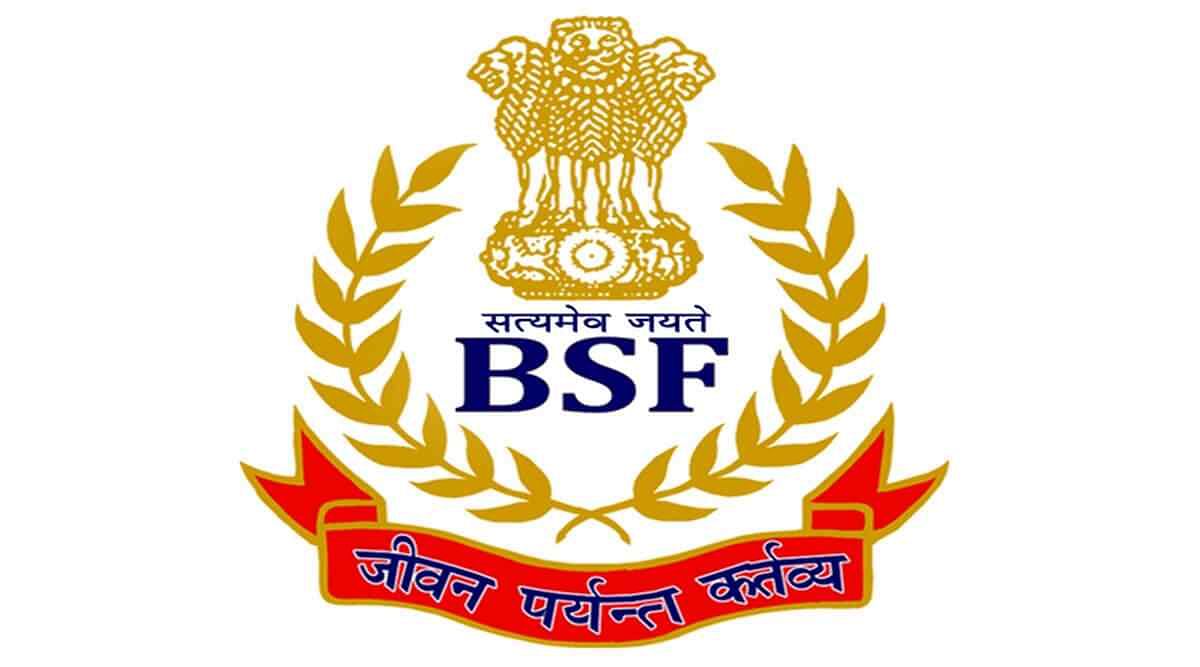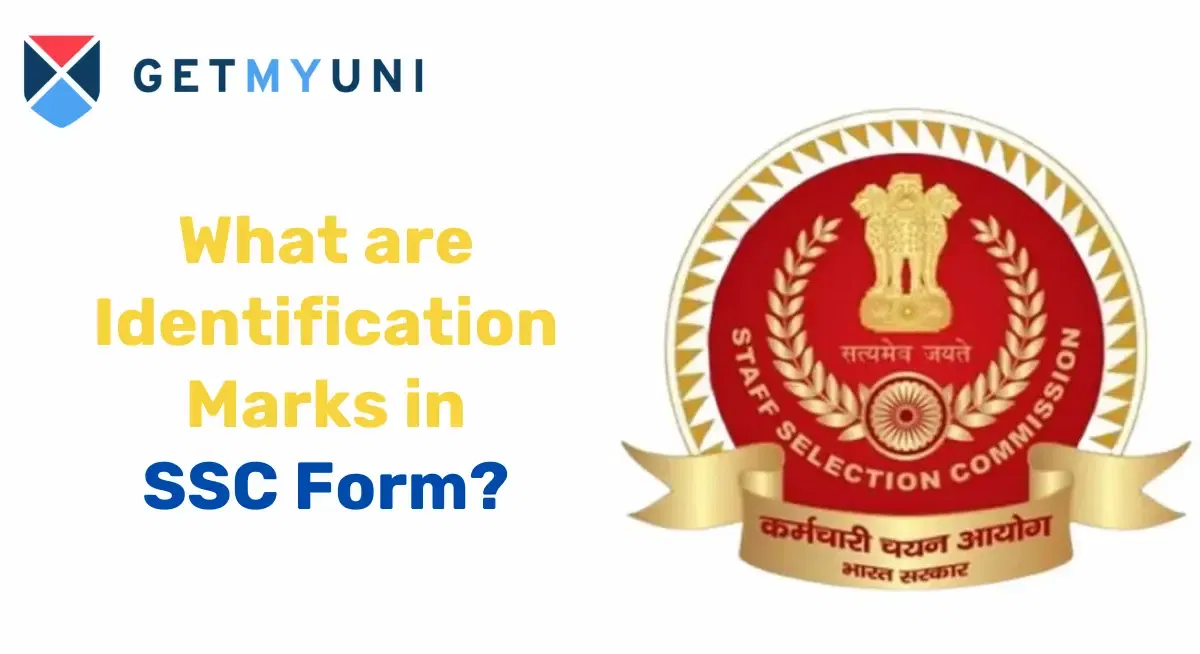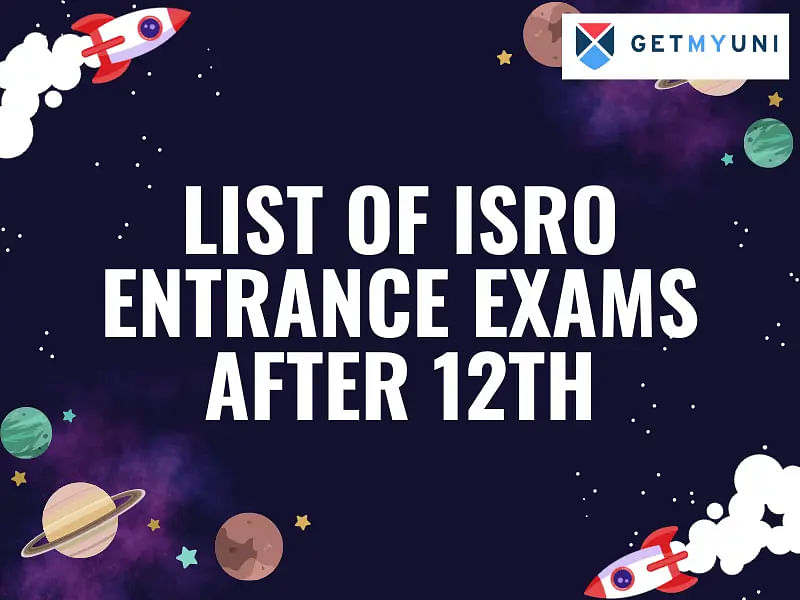Check IAS Preparation tips and strategies for online preparation from home. Also check the IAS 2024 Preparation Books, Syllabus, Time Table and other relevant information.
The UPSC IAS exam is one of the most sought-after recruitment examinations across the country. Candidates who are interested in becoming administrative public servants to help society apply for this examination. Qualifying in the UPSC examination is also considered a great matter of pride among the citizens. This article provides all the details about how to prepare for the examination so that you can easily clear the examination.
For 2024, the UPSC IAS Prelims exam is scheduled for June 16, 2024. The UPSC IAS Mains exam has been scheduled to be conducted from September 20, 2024, onwards. The UPSC noted that any further postponement would be notified to students via UPSC's official website portal.
IAS Preparation 2024
Indian Administrative Service (IAS) exam is a National level Civil Services examination conducted by the Union Public Service Commission (UPSC) to recruit candidates as officers for All India Administrative Civil Service. It is one of the most important exams to be held as people who do well in the IAS Exam are offered the most prestigious jobs under the Government. The head of the ministries and departments of the Government is an IAS officer.
With such importance given to this post, it has become a dream job for many aspirants. Unfortunately, though lakhs of people apply for this examination, only a few candidates pass the examination. However, with determination and perseverance, any candidate can excel at this examination with flying colours.
Also Read: Best UPSC Coaching in India: Centres, Fees, Duration, Reviews
How to Start Preparation for IAS Exam 2024?
Candidates often roam around the question of how to prepare for IAS exam. Therefore, candidates who want to prepare for the IAS exam usually take a year off to prepare. This is one of the most competitive examinations held in India. They attend classes held especially for the IAS exam. Nevertheless, if you cannot do that, you can self-study as long as you put the effort to study daily.
It requires a lot of change in the daily routine as you would have to cultivate new habits. Reading newspapers daily is the foundation for developing the habit of reading and learning about current affairs. The candidate can download new applications related to current affairs like Inshorts, Economic times, etc.
The UPSC mains book used for the preparation of the IAS exam are the NCERT books. They help guide out the basic understanding of the IAS exam syllabus. It is written in a simple language, making it easy for everyone to understand. By reading the NCERT books, candidates understand the exam perspective.
The other books which can be used as a reference are as follows:
- English- High School English Grammar and Composition by Wren and Martin.
- Indian Polity- The Constitution of India by PM Bakshi.
- Economy- Indian Economy by Mishra and Puri.
- Environment- Environment for Civil Services Prelims and Mains by Khullar.
- Science and Technology- Science and Technology in India by TMH.
Also Read: UPSC Notification - Exam Dates, Notifications, Eligibility, and Fees
Subject-Wise Preparation for IAS Exam 2024
Another question that arises in the candidates' minds is how to start preparing for IAS subjects. Hence, here we have listed the subject-wise details of how to prepare for the IAS exam. Therefore, following the detailed analysis of the subjects can prove effective.
Indian Polity
In the past years, the weightage of Indian polity has escalated for both preliminary and mains. The topics that appear mostly in the exam are from the chapters such as constitutional developments, fundamental rights, fundamental duties, DPSP, judiciary, union government, amendments, local government, federalism, the election process.
In addition, candidates are suggested to follow the newspaper and the daily news to stay updated. Exceptionally, there are a few events such as the recent supreme court judgements and verdict on triple talaq, right to privacy, adultery, etc.
Life Science, General Science, Science and Technology
Science and technology have become a part of GS for the past 15 years; hence, questions from this part carries more weightage. Candidates from backgrounds other than science are recommended to follow the NCERT to grasp the syllabus. Also, NCERT is a great source of knowledge.
However, the recent trends in question show that general science covers day-to-day life events. Therefore, observation power can prove beneficial.
In life science, the main stress is laid on Zoology. Most of the questions are from the human system and diseases. Limited questions are asked from Botany. The areas with high value in Botany are agriculture, biological diversity, and plant systems.
Economic and Social Development
There has been a subsequent change in this section. Most of the questions are contemporary hence requires proper understanding and knowledge of the topic. Follow NCERT and attentively follow the economic survey and budget.
In addition, the topics with more weightage are from the syllabus industry, agricultural production, Exim policy, money and banking, public finance, and reforms. For example, in money and banking, the candidate has to watch financial and banking reforms( e.g., Merger of banks, Insolvency, and Bankruptcy law, twin balance deficit problem, NPA, etc.).
Geography and Environment
Keep the world map and the NCERT hand while studying for Geography. In addition, a thorough understanding of the physical aspects of India, with proper clarity on locations, is the essential minimum requirement. It also helps in economic, as well as the human, aspects of Indian Geography.
Meanwhile, candidates should be conscious of the advancements correlated with Ecology and Environment-related issues for the Environment. The various initiatives and conferences were held, especially those for preserving the biodiversity and ecosystem of the country and the world.
History and Culture
To dig deep into the history syllabus, candidates must know that it covers ancient, medieval, and modern history. In Ancient India, questions on the Vedic Age, the Mauryan Period, and the Gupta Period are ruling. Sultanate and Mughal periods are most important in Medieval History. In Modern History, most of the questions are being asked between 1857 and 1947, including the uprising of 1857, social reform movements, Governor Generals, and national movements.
The importance of Indian culture has increased significantly. Therefore, a thorough understanding of the evolution of Indian culture, right from ancient times, is essential to obtain excellent marks in the Preliminary Exam.
Current Affairs
The current affairs syllabus is vast. It mainly covers events from recent happenings worldwide, multilateral developments, sports, and personalities in various fields, along with prizes, awards, and honours. Therefore, winning over this is a continuous relationship with the newspaper, and the following yojana is mandatory.
CSAT Paper
The total number of questions from this paper has seen a fluctuating trend with an increase in toughness. Moreover, the questions are being asked from hitherto less-expected areas, which have made the preparation more difficult. Questions on Comprehension and Reasoning are also included in the paper. However, proper practice of previous years' question papers and model questions ensures a good score.
Also Read: How to Crack UPSC? Essential Tips and Techniques
Planning and Preparation Strategy for IAS Exam 2024
Along with developing reading habits and constantly being updated with the current affairs relevant to the IAS exam, the candidates should focus on solving previous years question papers. By solving the old question papers, the candidates get an idea of their strengths and weaknesses, focusing on working more on the weaknesses. They should start preparing for the basic subjects like Science, Indian economy, Constitution of India, History, Geography, etc., before moving on to other subjects.
They would have to prepare a schedule to cover every part of the syllabus as the syllabus is vast and requires a lot of time to complete with considerations on implications of the subject's past, present, and future.
The candidates can focus on their weaknesses first, improve on the subject, and then move on to their strengths to ensure they don't forget what they have learned.
Also Read: IAS Preparation- Preparation, Important Topics, Syllabus, Exam Pattern & Best Books
Important Topics to be Covered in IAS Exam 2024
The topics that have to be covered are the fundamental subjects/topics and current affairs.
The list of topics that are fundamental for learning are as follows:
- History of India
- Constitution of India
- Geography
- Science
- Indian Economy and its' Development
- Indian Politics
- Indian Agriculture and Seasons
- Social Issues in Indian Society
Also Read: 25 Best IAS Interview Questions and Answers
Best Books for IAS Preparation
Here is the list of best books that are followed for IAS preparation. These books are considered an excellent source of information. Further, these books are considered invaluable sources for self preparation for IAS.
|
Books |
Authors/ Publication |
|
History |
|
|
India’s Struggle for Independence |
Bipan Chandra |
|
Indian Art and Culture |
Nitin Singhania |
|
NCERT |
|
|
Geography |
|
|
Certificate Physical Geography |
G C Leong |
|
NCERT |
|
|
World Atlas |
Orient Black Swan |
|
Indian Polity |
|
|
NCERT |
Class XI and XII |
|
Indian Polity |
M Laxmikanth |
|
Economics |
|
|
Indian Economy |
Nitin Singhania |
|
Economic Development & Policies in India |
Jain & Ohri |
|
NCERT |
Class XI and XII |
|
International Relations |
|
|
NCERT |
Class XI and XII |
|
Current Affairs |
|
|
CSAT |
|
|
CSAT Manual |
McGraw Hill |
|
Verbal & Non-Verbal Reasoning |
R S Aggarwal |
Also Read: UPSC IAS Prelims Paper Analysis
IAS Syllabus and Exam Pattern
There are 3 stages to qualifying for the IAS examination. They are the Preliminary exam, Main Exam, and Personal Interview/Personality test.
The exam pattern is as follows:
IAS Exam Pattern (Preliminary)
The preliminary exam is the first stage of the IAS examination process. If you pass this examination, you can write the Main exam.
|
Particulars |
Details |
|
Mode of exam |
Offline (Pen and paper-based test) |
|
Number of Papers |
2 (General studies and Civil Aptitude test) |
|
Duration of the exam |
2 hours |
|
Total marks |
400 marks |
|
Question paper type |
Multiple-choice questions |
|
Language medium |
English and Hindi |
Also Read: UPSC Preparation for Prelims and Mains
IAS Preparation Syllabus (Preliminary)
The syllabus for the IAS Preliminary exam is given below. It tests the basic knowledge. However, the marks obtained is not carried forward. It is to qualify for the IAS Mains exam.
|
Papers |
Syllabus |
|
Paper-I |
|
|
Paper-II |
|
Also Read: IAS Book List - Best Books Recommended by Toppers for both Prelims and Mains Preparation
IAS Main Exam Pattern
The Main exam is conducted after the candidate passes the prelims round. If you qualify for the main examination, you can proceed to the last stage of the exam, which is the interview stage.
|
Particulars |
Details |
|
Mode of exam |
Offline (Pen and paper-based test) |
|
Number of Papers |
9 (Qualifying and Merit exam) |
|
Duration of the exam |
3 hours |
|
Total marks |
1750 marks |
|
Question paper type |
Descriptive answer type |
|
Language medium |
English and Hindi |
Also Read: Negative Marking in UPSC for Prelims and Mains
IAS Preparation Syllabus (Mains)
The syllabus for IAS mains preparation is as displayed below. There are total of seven papers.
|
Papers |
Syllabus |
|
Paper-I |
Essay |
|
Paper-II: Indian Heritage and Culture, History and Geography of the World and Society. |
|
|
Paper-III: Governance, Constitution, Polity, Social Justice and International relations |
|
|
Paper-IV: Technology, Economic Development, Biodiversity, Environment, Security and Disaster Management |
|
|
Paper-V: Ethics, Integrity, and Aptitude |
|
|
Paper – VI & VII |
Optional Subject Papers |
Also Read: How to Start UPSC Preparation from Zero Level?
UPSC IAS Personality Test/ Personal interview
Candidates who have qualified for the preliminary exam and main exam move on to the final stage, the personality test and interview stage. They conduct two tests which are the psychometric test and assessment test. First, a psychometric test is conducted to measure the suitability of the candidate for the role of the IAS officer. Second, they measure the personality capabilities against the required personality traits required to be able to handle the job.
An assessment test helps understand the intellectual capabilities of the candidate.
This tests the mental, social and intellectual capabilities of the candidates, and the test is conducted in a language of their choice. The duration of the test and interview depends on the interviewee. The whole process is graded for 275 marks. In the end, the total is calculated, and the candidates are ranked and decided if the candidate has qualified for the examination.
Being confident and staying calm during the interview process ensures you have good body language and be polite to create a good impression on the interviewers.
Also Read: UPSC Extra Attempt: Check Latest Update on Announcement
IAS Preparation 2024 FAQs
- Is it possible to clear the IAS exam 2024 without attending a coaching center?
A: Yes, it is possible to clear your IAS exam if you can self-study and be motivated to learn every day. Practicing daily helps the candidate get used to the subjects and understand what they need to focus more on. - Is there any negative marking for the prelims exam?
A: Yes, there is negative marking allotted for each wrong answer given in the exam. - How many times can I attempt the IAS exam?
A: It depends on the category of the candidate. For General Category candidates, they can attempt the exam 6 times.
Also Read: IAS Salary: Per Month In-hand Salary after 7th Pay Commission in India










